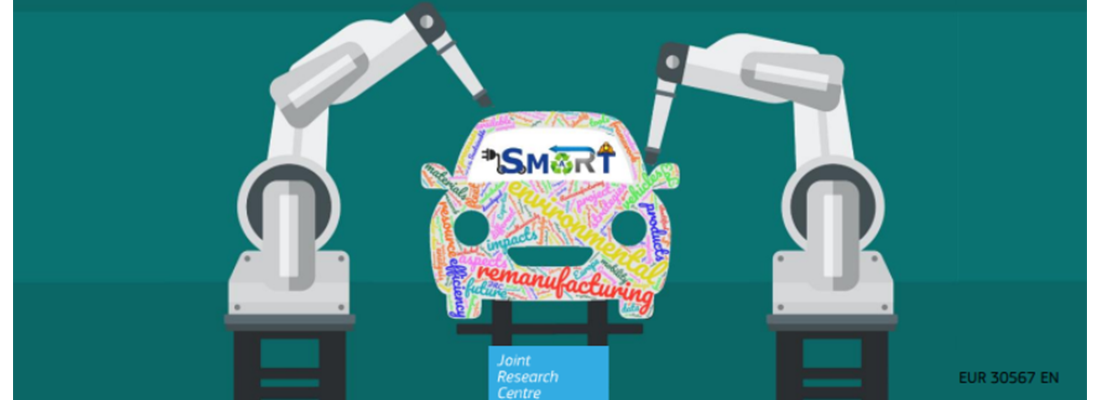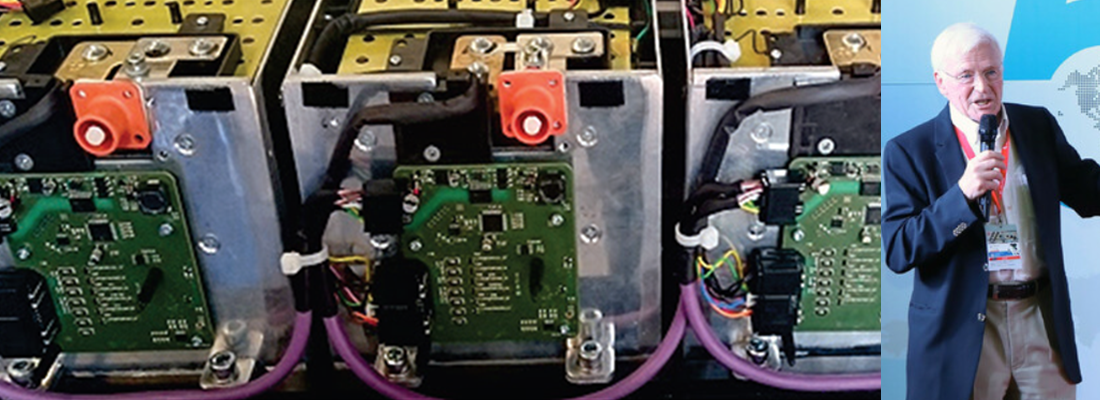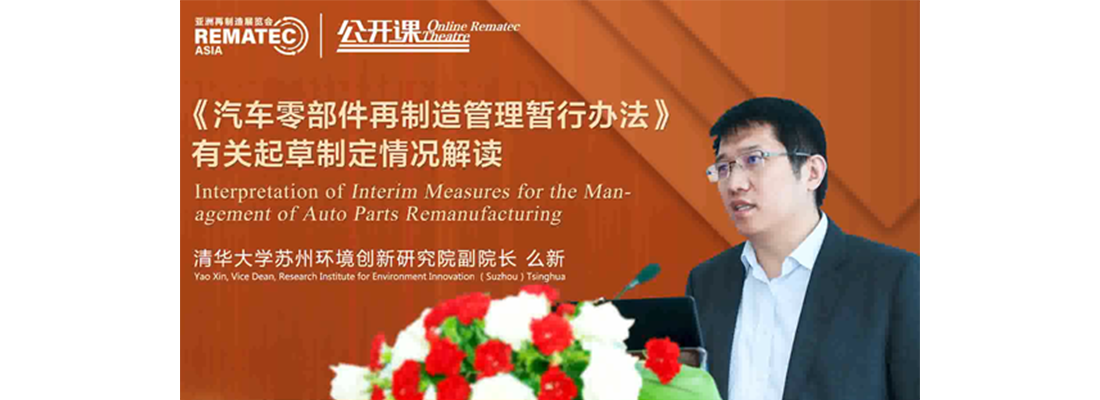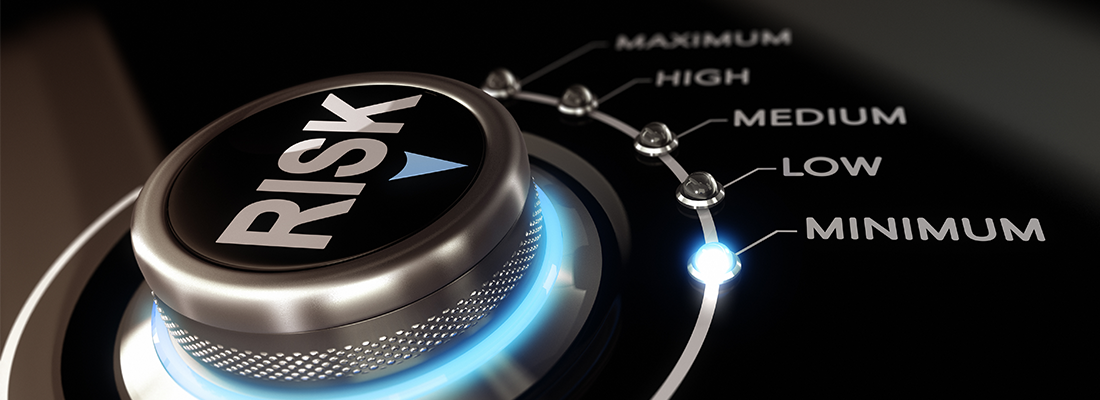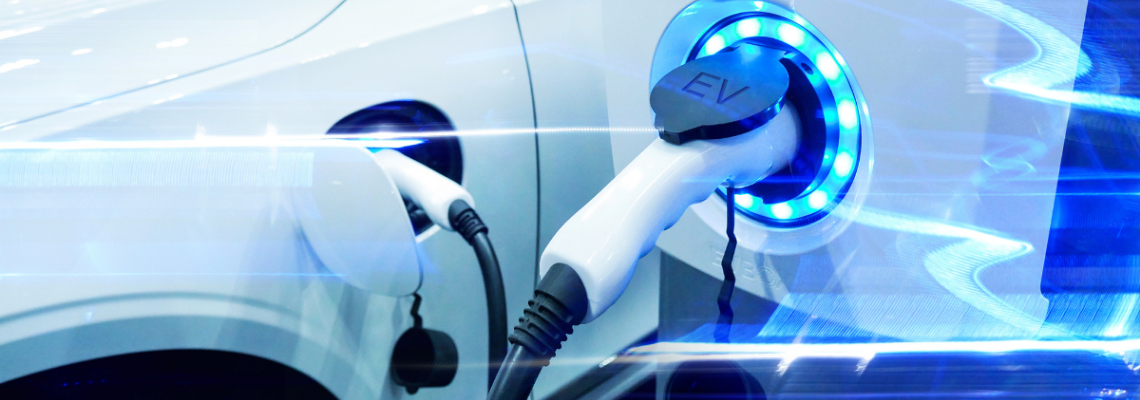SMART: Sustainable use of Materials through Automotive Remanufacturing
On behalf of the EU, JRC have published a technical study on remanufacturing called: Sustainable use of Materials through Automotive Remanufacturing to boost resource efficiency in the road Transport system (SMART). The abstract of the study is published below.
Vehicles are listed among the key products value chain identified in the Circular Economy Action Plan (EC, 2020a), one of the main blocks of the Green Deal (EC, 2019a). Also, synergies between a sustainable and smart mobility with the Circular Economy transition will be further addressed in the forthcoming “Comprehensive European Strategy on Sustainable and Smart Mobility” (EC, 2020a). Remanufacturing belongs to the strategies boosting resource efficiency and thus circularity of products minimizing environmental impacts (S. Bobba et al., 2020).
SMART (Sustainable use of Materials through Automotive Remanufacturing to boost resource efficiency in the road Transport system) is a JRC exploratory research project which investigates the contribution of end-of-life (EoL) practices in decreasing the environmental impacts of the EU fleet in the future and increasing resource efficiency of vehicles. The main focus is on the potential contribution of remanufacturing vehicles.
Stakeholders involved in the project and available data from literature represent the first step to increase knowledge on remanufacturing of vehicles in Europe and to identify knowledge gaps along the value-chain of vehicles. Expertise of different JRC units were brought together in order to focus on several aspects related to mobility simultaneously, e.g. environmental impacts and future mobility. Information and data collected were used to establish the framework for the following environmental assessment, in particular to identify the main processes along the whole value-chain of vehicles in Europe and the links (established or potentially available in the future) between such processes. Projections of the EU fleet were developed through the adoption of a neural network considering simultaneously several aspects affecting the uptake of new technologies. The environmental assessment, which included both the assessment of the environmental impacts and the estimation of stocks and flows of products/materials, was developed based on the first steps of the project; to this aim, the assessment tools adopted are the Life Cycle Assessment (LCA) and the Materials Flow Analysis (MFA). According to past experience such tools were integrated to provide a wider understanding of the potential impacts of remanufacturing vehicles/components.
A graphic user interface (the SMART tool) was developed to ease the visualization of results of the assessment and to provide an overview of the environmental effects of different scenarios according to the users’ interests. In the developed assessment framework, parameters were adopted to make the models flexible and updatable based on available inputs and research questions.
The developed work confirmed the importance of adopting a life-cycle and multi-dimensional approach, especially addressing sectors/products that are under a fast-technological development. Outcomes of the SMART project underlined that remanufacturing potentially entails environmental benefits, especially concerning recirculation of materials within the EU, but such resource efficiency strategy should be supported by ad hoc measures, e.g. incentives for the acceptance and the adoption of remanufactured products and a proper regulatory framework. Expertise already developed in Europe on remanufacturing and a design of products (including EoL strategies) are key aspects emerging from the analysis. Also, important drivers contributing to enhance the development of remanufacturing in the EU automotive sector are: design for business models in which remanufacturing is included, digitalization and automation of remanufacturing processes.
The complexity of the topic, due to e.g. the coexistence of actors around the world, complexity of products, emerging and competitiveness of markets, fast theological development, etc., requires to synergically consider different aspects in estimating the future fleet and how EoL strategies can quantitatively contribute to improve resource efficiency of the EU fleet. Gathering information from industrial stakeholders, improving quality and detail of input data (e.g. bills of materials, raw material sourcing, collection and EoL treatments) for the environmental analysis, considering consumers expectations/behaviour, integrating methodological tools are some of the identified aspects to be further explored in future work.

